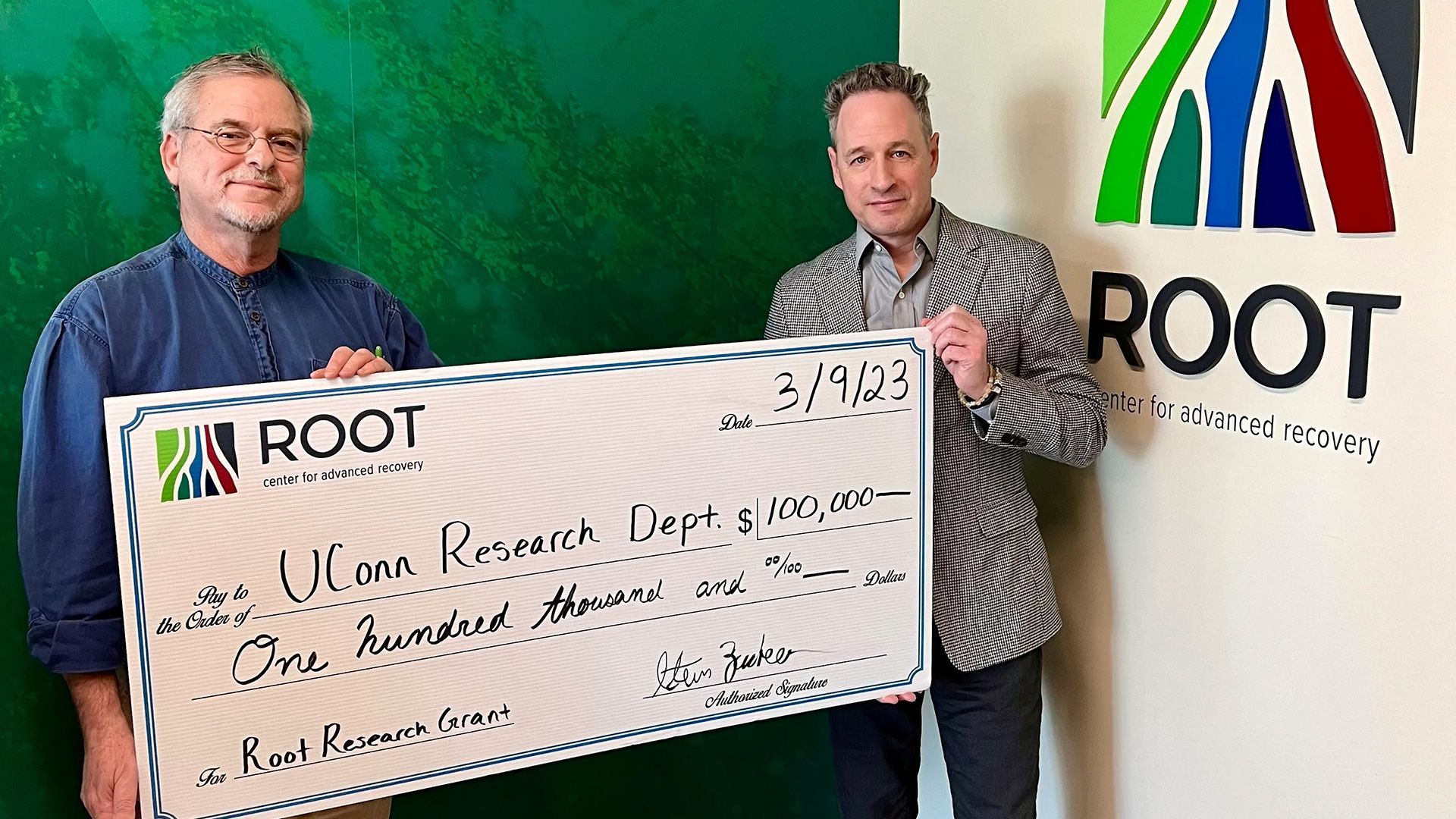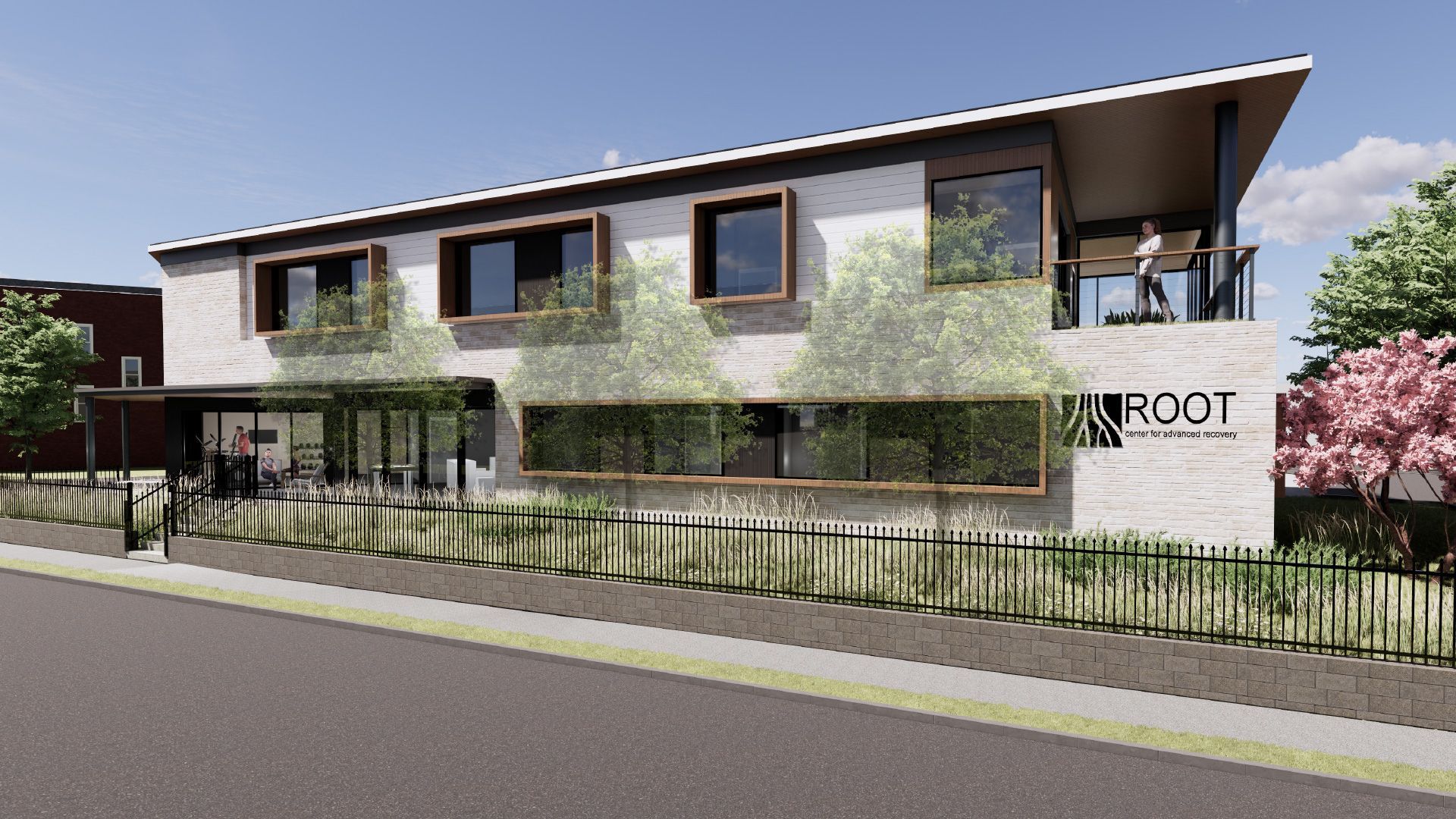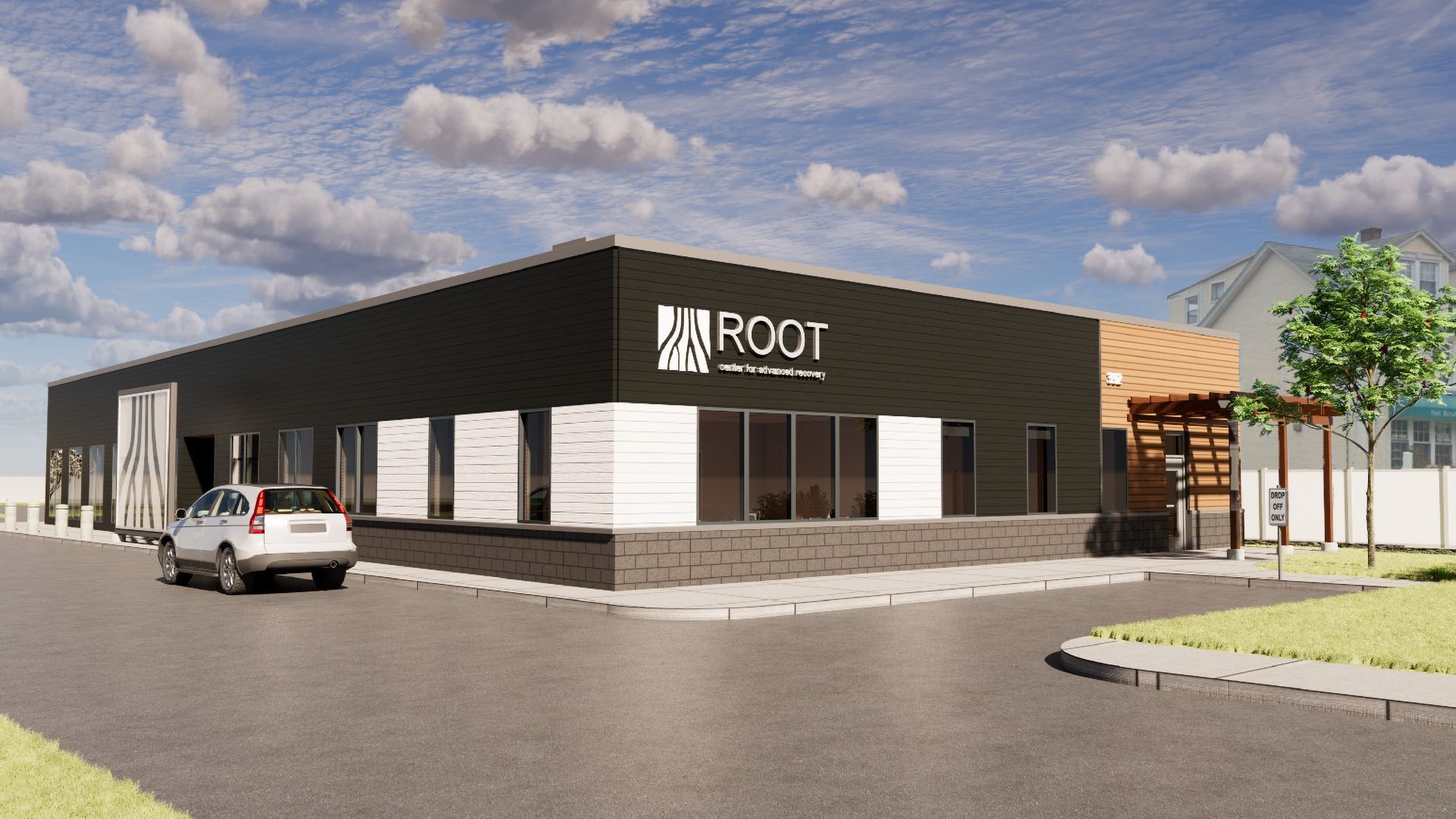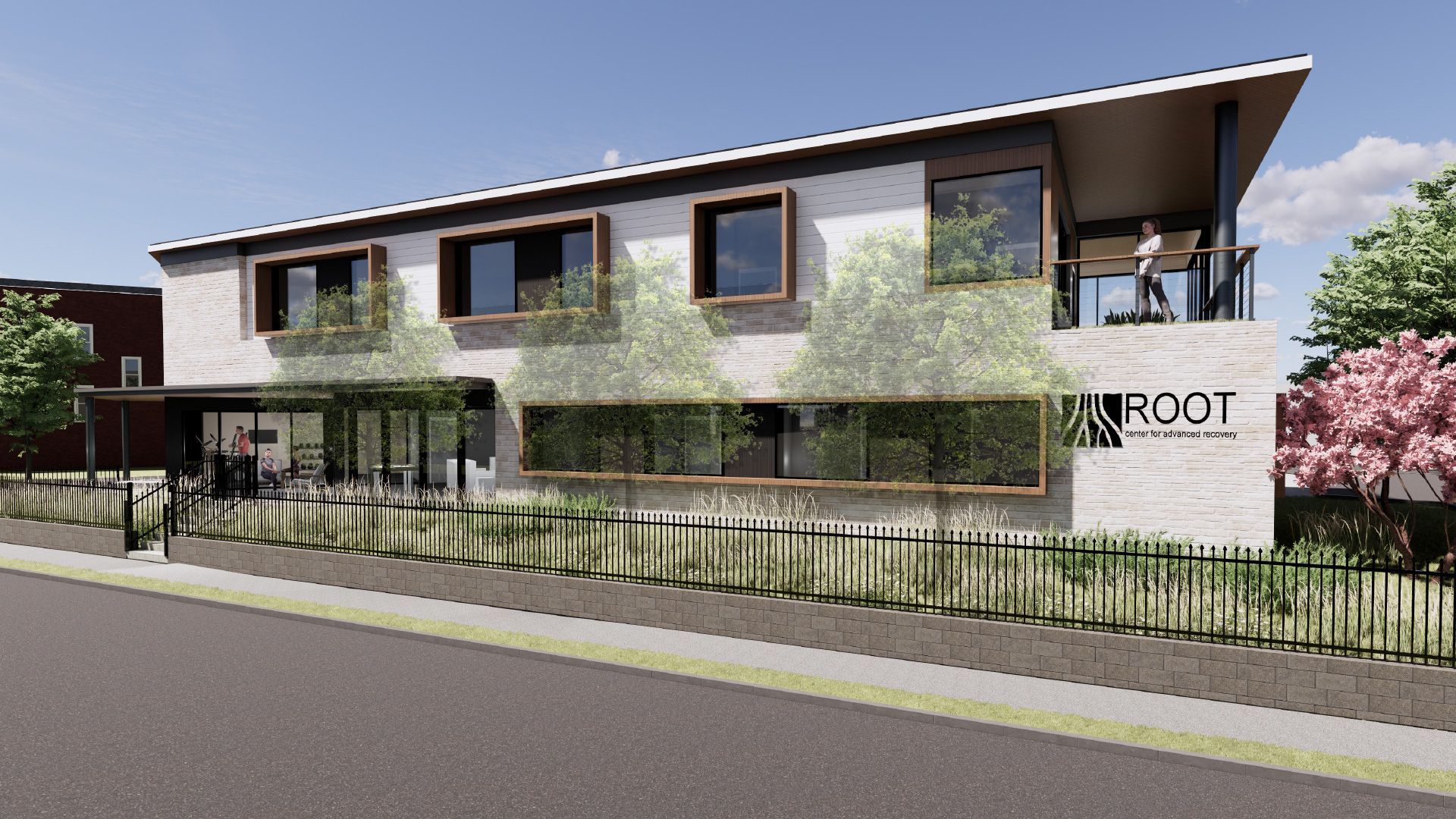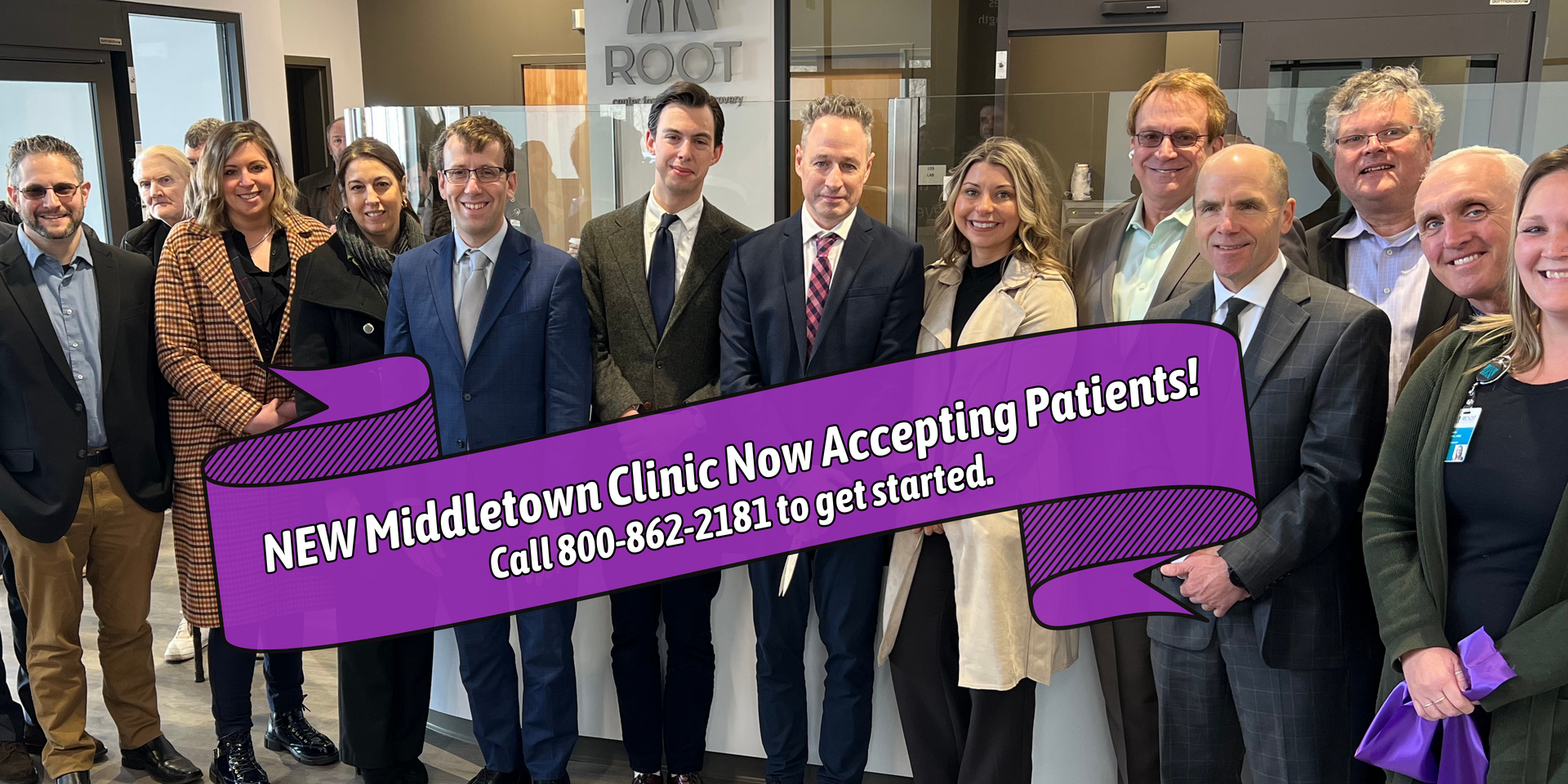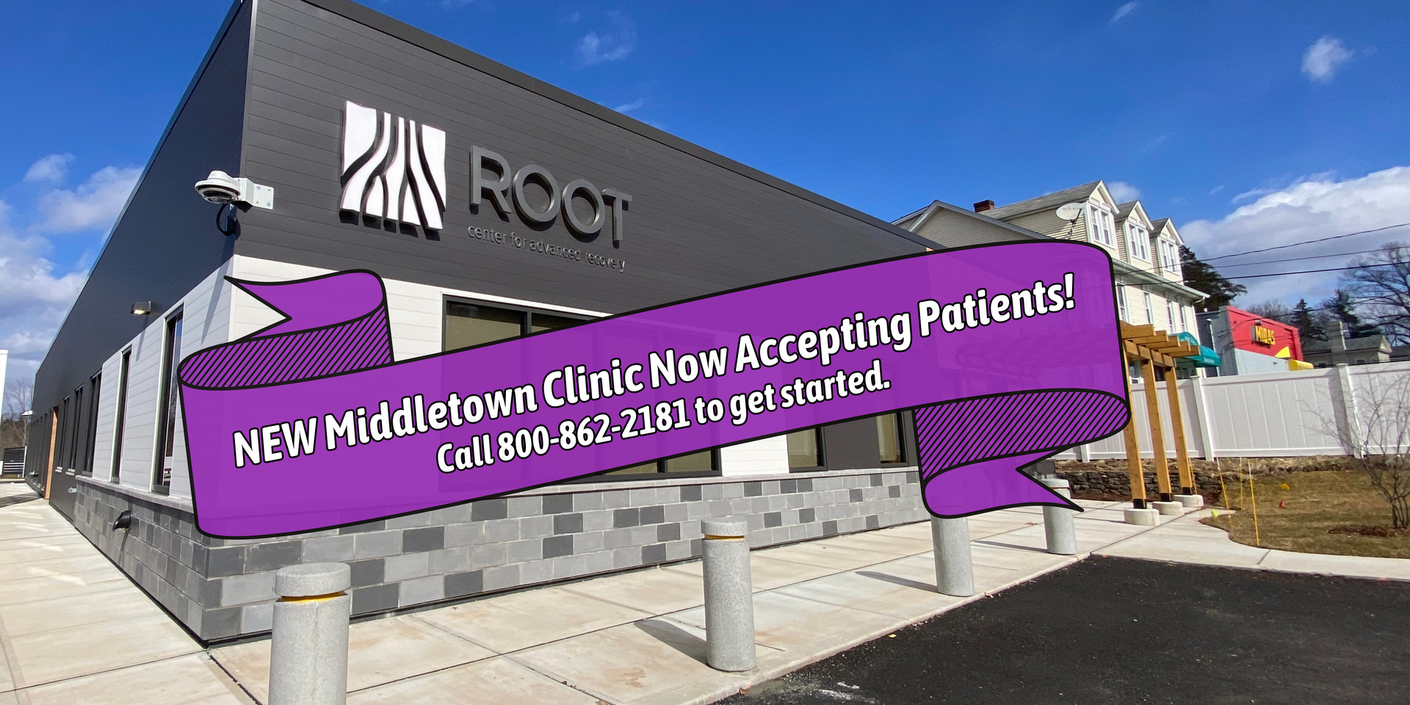Follow Us
Corporate Office
335 Broad Street
Manchester, CT 06040
Phone: 800-862-2181
Call Us Today
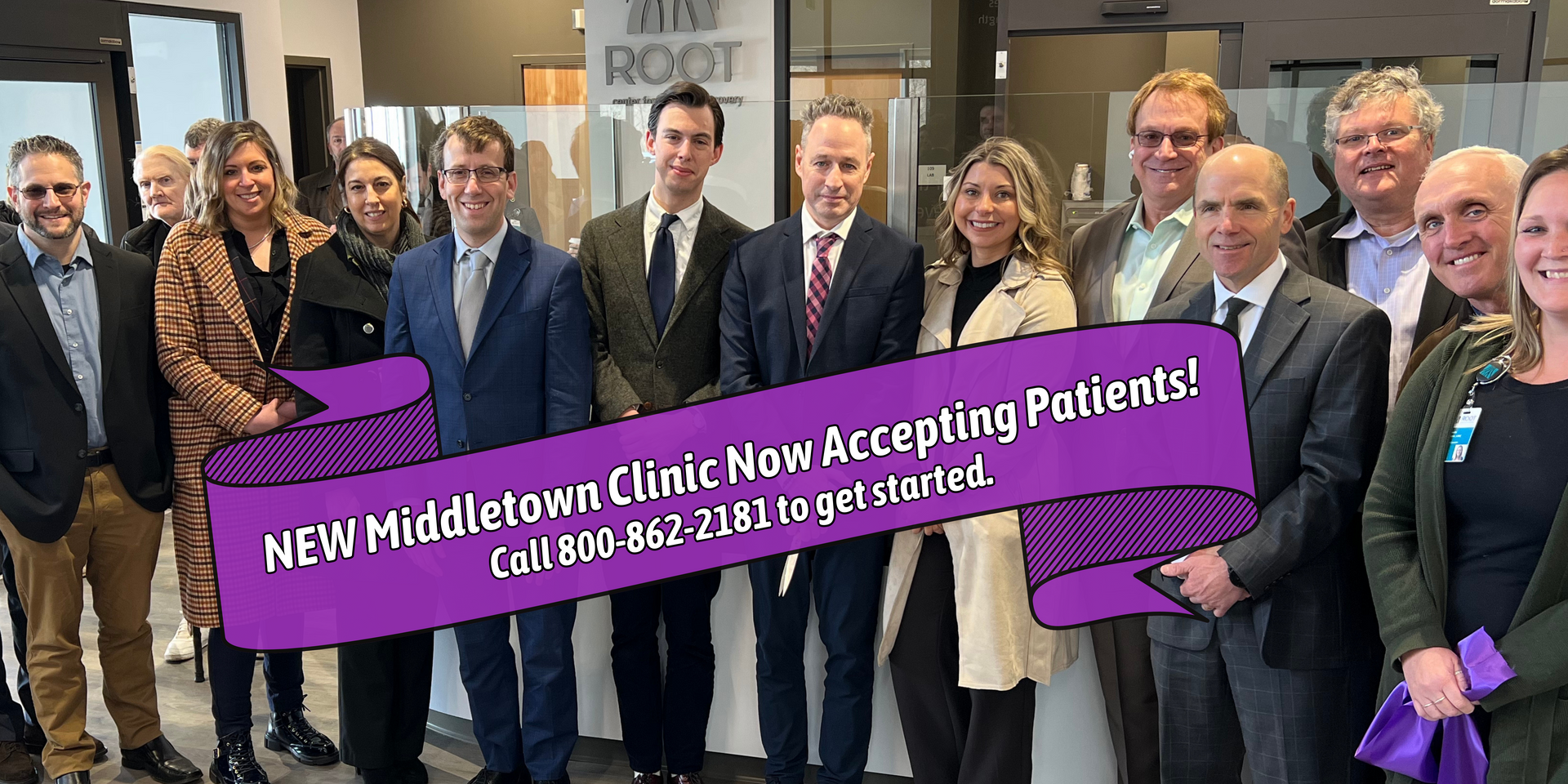
New Middletown Clinic Now Accepting Patients!
Root Center Breaks Ground
On First Residential
Treatment Facility
Root Center Celebrates New Partnership with Pequot Health Care
root center for
advanced recovery
is a holistic behavioral health center that serves over 5,500 patients across Connecticut each day.
We focus on the whole person, compassionately delivering comprehensive mental health and substance use treatments. Using proven, evidence-based methods of treatment, we meet clients where they are and guide them to where they want to be.
We focus on the whole person, compassionately delivering comprehensive mental health and substance use treatments. Using proven, evidence-based methods of treatment, we meet patients where they are and guide them to where they want to be.

CAREERS AT ROOT CENTER
EMPOWERING WITH COMPASSION
We are caring, intelligent people committed to supporting others. As an organization, we support our people as they continue to grow, develop and advance.
WHAT IT IS LIKE WORKING AT ROOT
JOIN OUR TEAM
FEATURED OPPORTUNITIES
CLINICAL SUPERVISOR
Under the supervision of the Director of Clinical Services, the Clinical Supervisor provides program management and oversight for the clinic and ensures all federal and state regulations and policies and procedures of the Hartford Dispensary are adhered to. We have two openings for this role, one at our Norwich Clinic and one at our New London Clinic.
NORWICH SENIOR COUNSELOR
The Senior Counselor performs full range of counseling and clinical duties including but not limited to assessment, education and treatment of clients experiencing substance abuse addiction and/or related behavioral health disorders to an assigned caseload. In addition, clinic supervisory and administrative duties as assigned by the clinic supervisor.
NURSING
SUPERVISOR
Reporting to the Nurse Manager, supervises activities of the nursing staff, responsible for the efficient operation of the nursing/medical team, and oversees disbursement, distribution and administration of methadone.
JOIN OUR TEAM | FEATURED OPPORTUNITIES
NEW LONDON CLINICAL SUPERVISOR
Under the supervision of the Director of Clinical Services, the Clinical Supervisor provides program management and oversight for the clinic and ensures all federal and state regulations and policies and procedures of the Hartford Dispensary are adhered to. This role is based at our New London Clinic.
BRANFORD CLINIC ADOLESCENT COUNSELOR
Under the supervision of the clinic supervisory staff, performs full range of counseling and clinical duties including but not limited to assessment, education and treatment of clients experiencing substance abuse addiction and/or related behavioral health disorders. This role will be focusing on our adolescent patients and school based services, and will be based out of our Branford Clinic.
NORWICH SENIOR COUNSELOR
The Senior Counselor performs full range of counseling and clinical duties including but not limited to assessment, education and treatment of clients experiencing substance abuse addiction and/or related behavioral health disorders to an assigned caseload. In addition, clinic supervisory and administrative duties as assigned by the clinic supervisor.
Featured News & Events
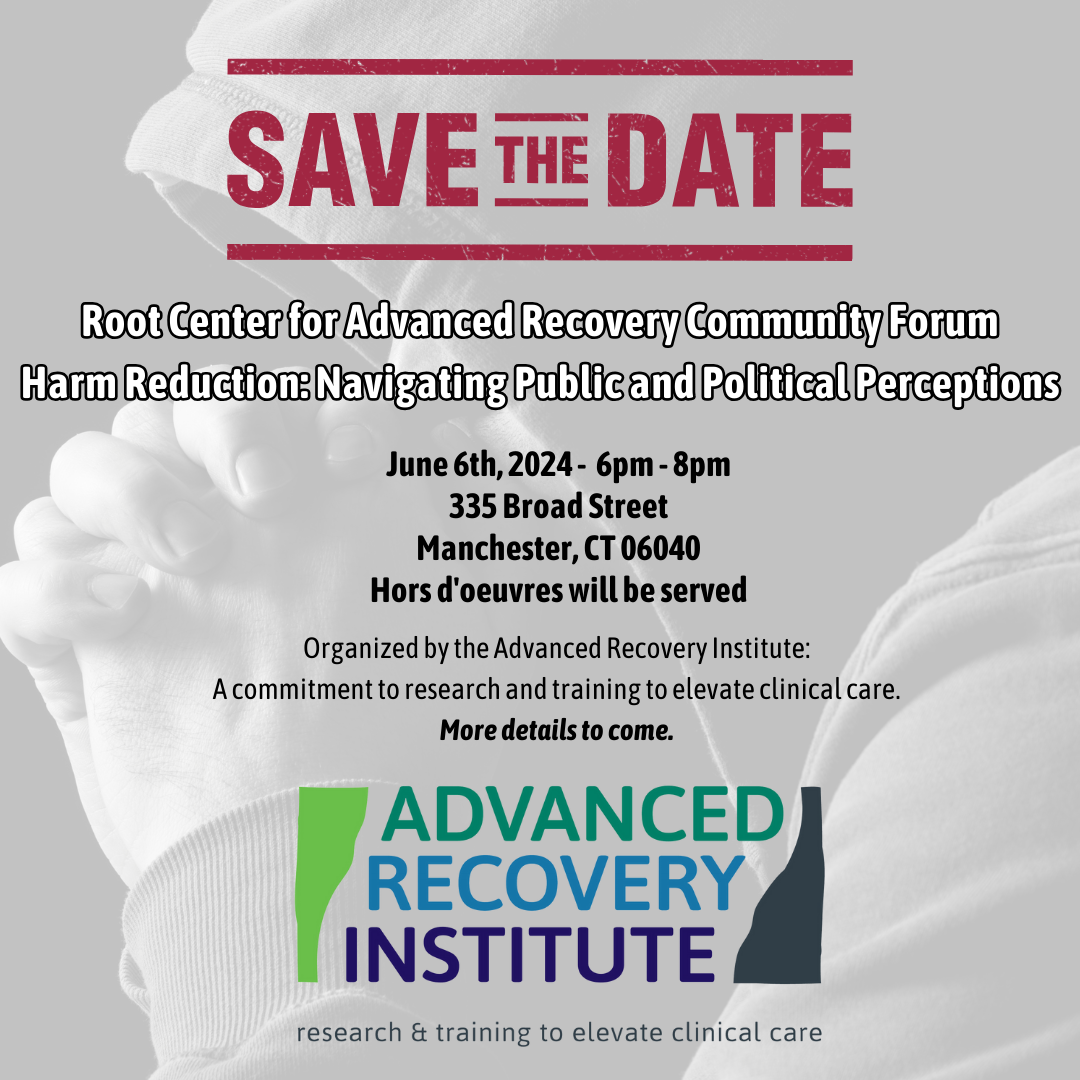

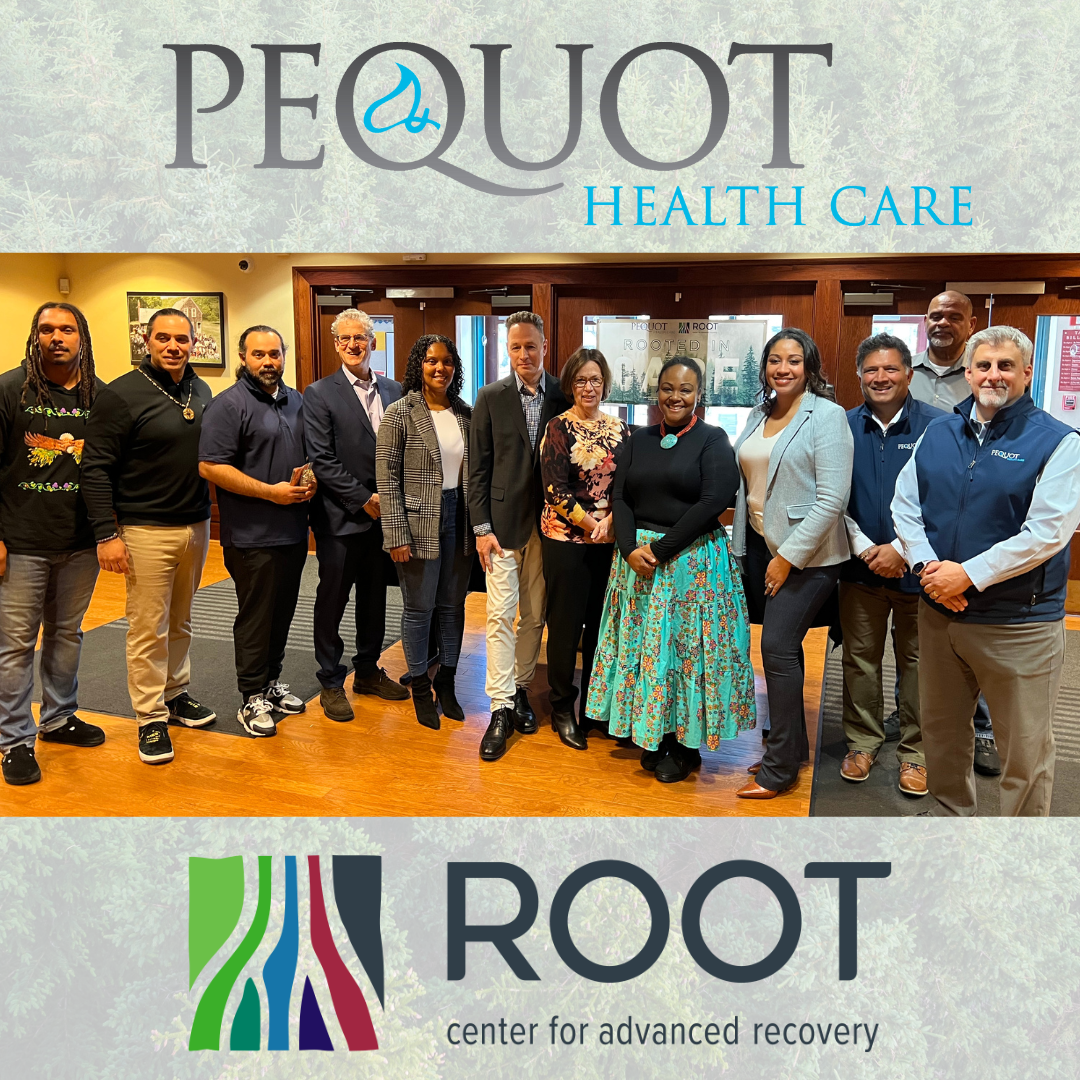

About
We are a private, non-profit, behavioral healthcare organization providing mental health and substance use treatment, prevention, community health services and research.
The Root Center for Advanced Recovery is a trade name of The Hartford Dispensary.
Contact
Corporate Office
335 Broad Street
Manchester, CT 06040
Phone: 800-862-2181


